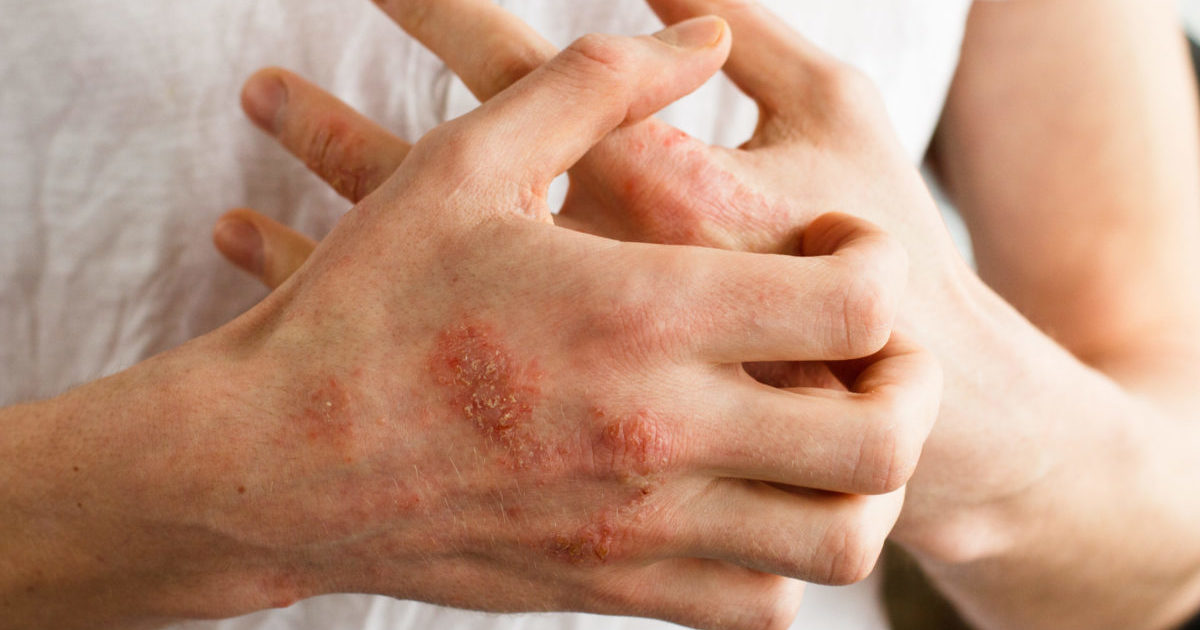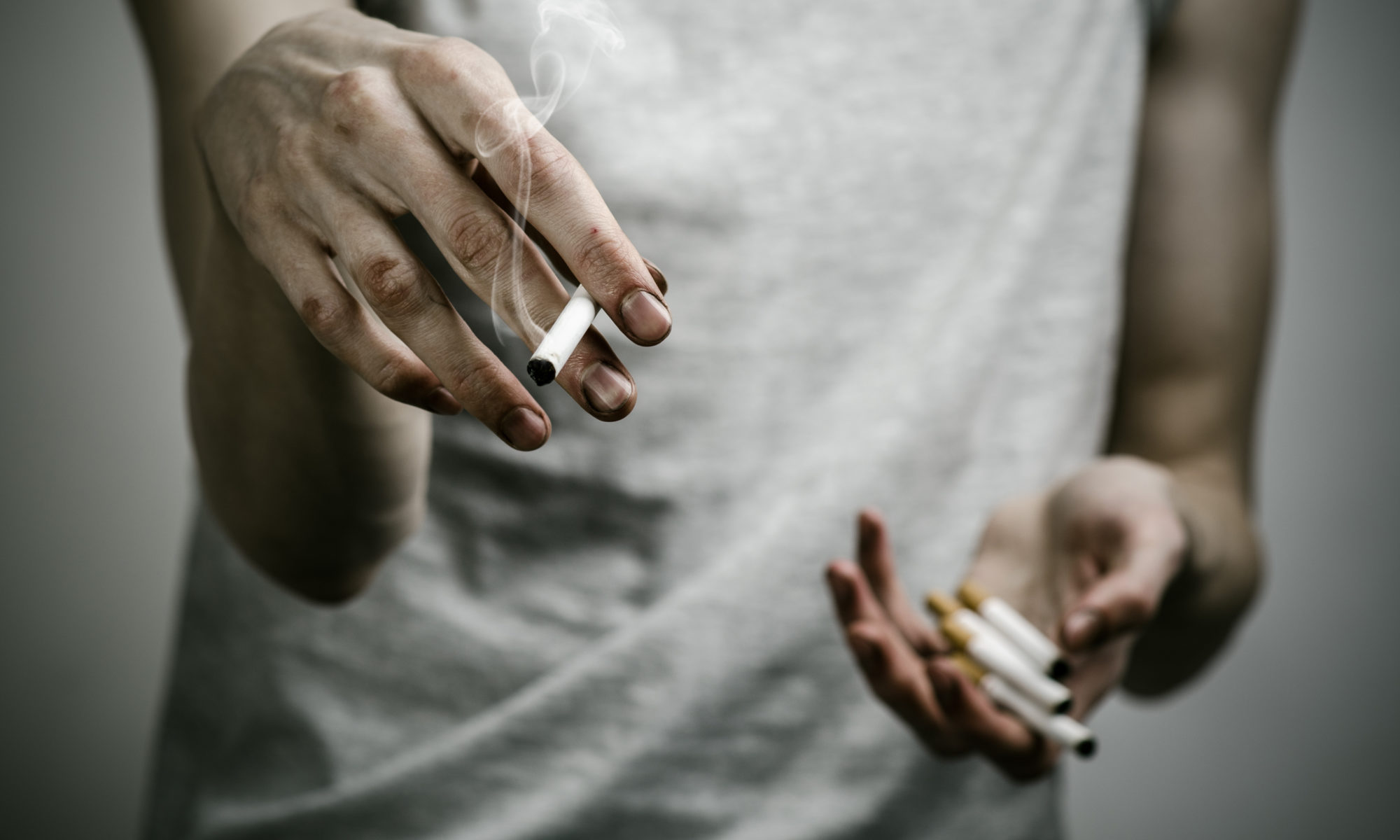Why Does Drug Abuse Affect Our Skin?
We talk a lot about how drug and alcohol abuse can wreak havoc on our physical and mental health. The major health concerns, including things like depression and anxiety, different cancers, and heart and lung problems are well-known. What about the effects of addiction on the skin?
We don’t often acknowledge the effects of drug addiction on our skin. The skin is our body’s largest organ. It is not immune to the effects of drugs any more than our livers or kidneys are. The impairments caused by drug abuse affect the body, mind, and spirit.
Why Do Drugs Cause Skin Problems?
Drug abuse causes skin problems through many different methods. It can cause dry or flaky skin through dehydration, encourage infections and scarring through skin picking, or promote acne breakouts and inflammation.
Depending on the drug, the level and length of abuse, and your medical history, among other individual factors, your skin problems can vary. They may be mild, moderate, or severe.
Common Effects of Addiction on the Skin

If you’re looking for signs that drug abuse is affecting your skin, that is a sign in itself. Some of the most common effects of drug abuse on the skin include rashes and:
- Hyperpigmentation or color changes.
- Oral concerns, including swollen, inflamed, dry, or cracked lips and gums. In more severe cases and long-term use, this extends to include tooth decay and possible loss.
- Inflammation, redness, itching, dryness, irritation, and rashes.
- Worsened acne breakouts or new ones.
- Open sores and scarring.
- Skin and soft tissue infections.
Drug-Related Skin Problems Ranked
On the milder side of drug-related skin problems, you may experience temporary inflammation, redness, or dryness. Mild rashes would be included on this list, as well. Mild skin problems may go away in between drug binges or get better when you moisturize.
Acne breakouts, often caused by the urge to touch your face while on drugs, would land somewhere in the middle. Alterations to your skin tone would land in the moderate territory, too. On the more severe side, scarring, sores, and infections related to drug abuse could prove problematic.
How Drug Abuse Affects Your Lips and Gums
Oral problems, including dry and cracked lips and gums, and tooth decay, are common skin concerns among meth users. Many people refer to these side effects as meth mouth.
An examination of 571 meth users revealed that 96% had cavities, 58% had untreated tooth decay, and 31% had six or more missing teeth. This happens for several reasons. Primarily, these oral health impairments are related to psychological and physiological changes that cause dry mouth and poor oral hygiene.
Methamphetamine is acidic, which can damage the teeth. It also makes you crave sugar, clench or grind your teeth, and experience bouts of semi-consciousness or unconsciousness. Each of these side effects can worsen your oral hygiene and routine.
Drug Addiction and Acne
If you are already prone to acne, abusing drugs or alcohol may make it worse. But it may also prompt extreme acne breakouts in those who have never had acne in the past. The primary reason for this is that drug abuse often makes you more likely to repeatedly touch your face.
Throughout the day, dirt, oils, bacteria, and other unwanted particles gather on our hands. We can avoid acne breakouts by washing our hands clean before touching our faces. But when you are under the influence of drugs, you are far less likely to follow through on that extra step.
Scarring and Sores from Drug Use
Certain drugs and extreme amounts of alcohol can lead to hallucinations. The feeling that something is crawling under your skin is a common sensation among drug abusers. This can lead you to claw or pick at your skin to alleviate the creepy, crawling, itchy feeling.
But when you claw or pick at the skin on your body or face and your hands are unclean, open sores and scarring become more likely. And when you continue to pick at your skin and neglect to clean the cuts and sores, they can scar or become infected.
Skin Infections from Drug Use
Drug abuse weakens the immune system, making it harder for you and your body to fight off infections. Infections related to drug use often get worse over time and can take a while to heal because your body is not at its peak health.
Infections at the site of injection are common, but infections can also come from picking, scratching, or clawing at your skin. And while skin picking is more commonly associated with meth use, it also applies to cocaine, heroin, and prescription stimulant users.
Outside of skin picking, skin infections can also be sparked by allergic reactions to certain drugs. Prescription stimulants, including Adderall and Ritalin, can cause fluid-filled bumps that worsen over time. These bumps can swell, burst and scab, blister, or peel.
Rapid Aging from Drug Addiction
Powerful illicit drugs, including heroin, can decrease the amount of oxygen that travels to the skin. This is one of the most common reasons for drug-related dry, itchy, flaky, and otherwise irritated skin.
Along with oral health impairments, rashes, blemishes, sores, and bloodshot eyes, these skin symptoms can rapidly change your physical appearance. Wrinkles are also common among drug users and can make you look much older than you are.
The first step in minimizing or ending these side effects is to stop abusing drugs. The longer the drug abuse continues, the more damage it will do to your skin, as well as your physical and mental health. And the longer it goes on, the harder it will be to reverse the damage, too.
Moisturizing, washing your hands, and avoiding touching your face can help reduce the risk. But real change involves treating the root of the problem. And that starts with a personalized and holistic addiction treatment program. Thankfully, this is exactly what we offer.
Reversing Addiction’s Effect on Your Skin
Drugs can affect your skin in many different ways. Some of these side effects will naturally fade after you stop abusing drugs. From there, a healthy and consistent skincare routine can help further improve the appearance of your skin.
Moisturizers, proper hydration, healthy meals, and a regular exercise routine can also help improve your skin’s appearance and reverse certain signs of aging. When you are good to your body, your body will be good to you.
And for those particularly pesky skin concerns, a dermatologist may be able to recommend either over the counter or prescription medications for more significant cosmetic changes. The sooner you begin to improve your overall health, the sooner your skin will improve, too.
Getting Addiction Help at Best Rehabs In Arizona

No one likes to look in the mirror and see that they are aging faster than they should be. No matter the skin concerns you are facing, drug abuse isn’t helping. It’s time to improve your health, build your confidence, and restore your physical appearance. And we can help.
At Best Rehabs In Arizona, we put together personalized programs that match your unique addiction, recovery goals, time constraints, budget, and other needs. In full-time and part-time settings, we offer the care, guidance, and support you need to recover.
Our addiction counselors are available 24/7 to ensure that you get the help you need when you need it. Call 866-576-4892 today to get started.




